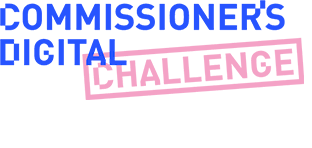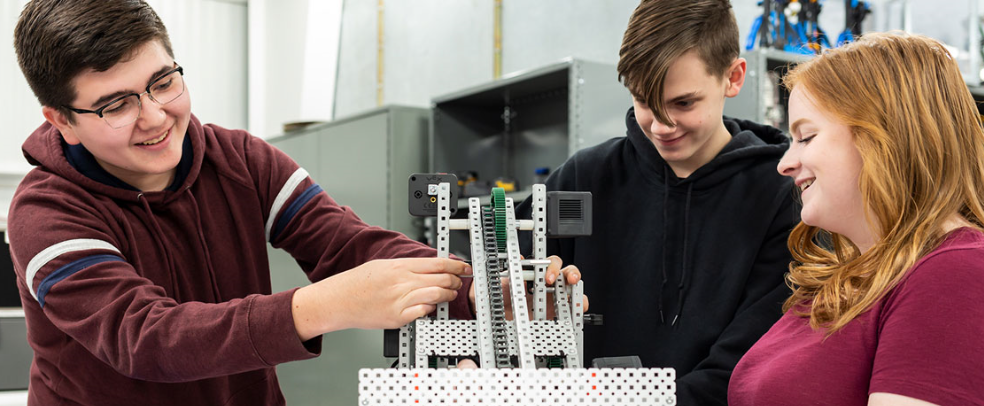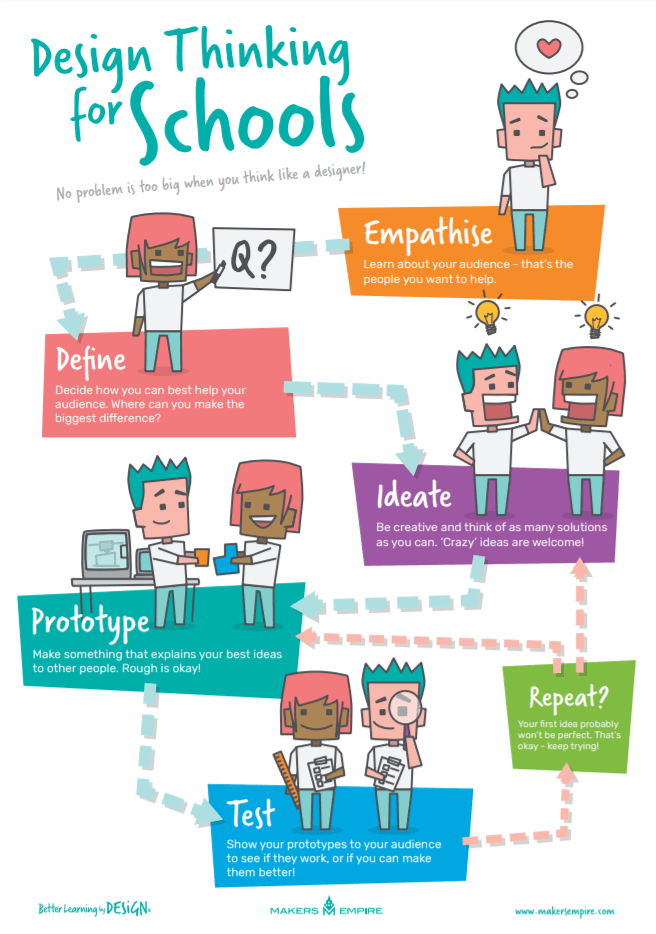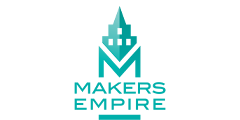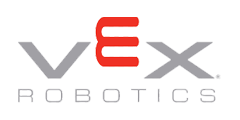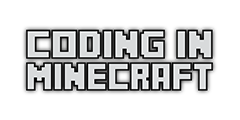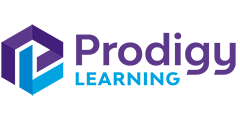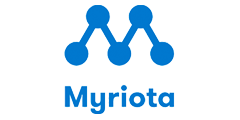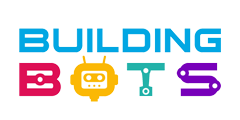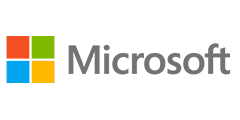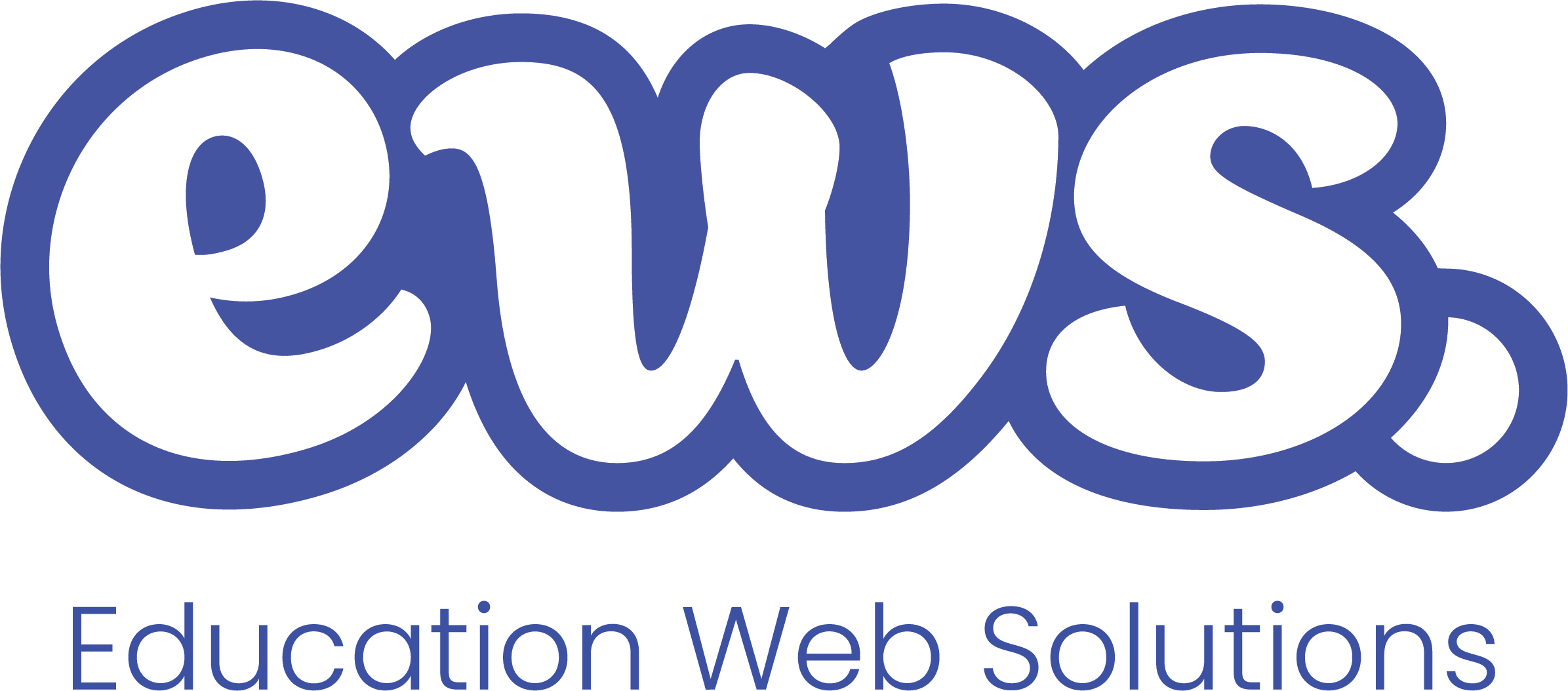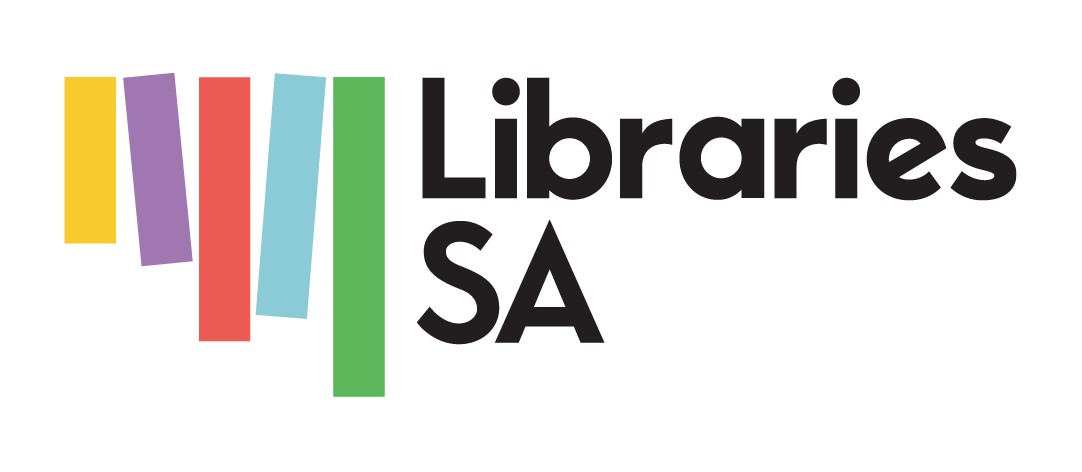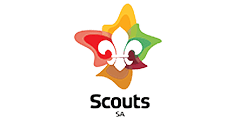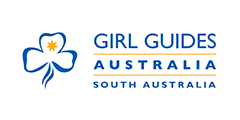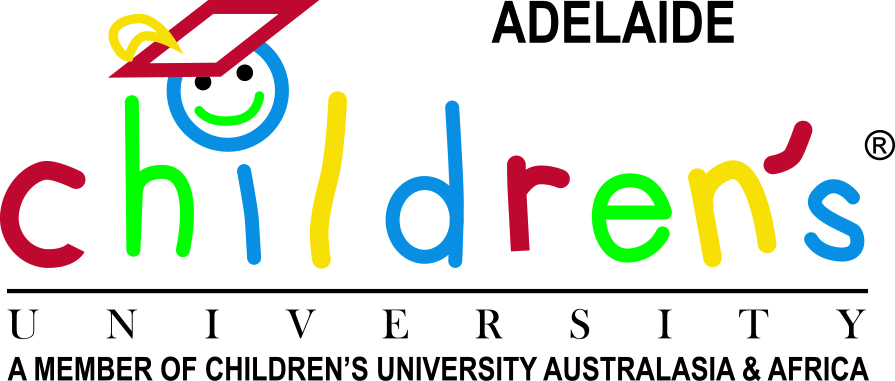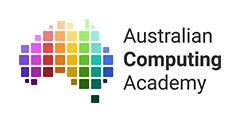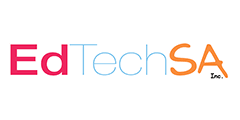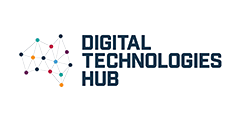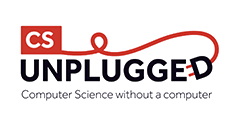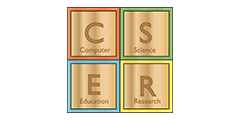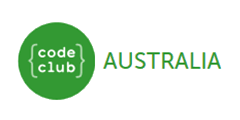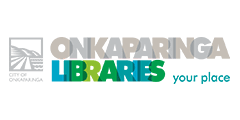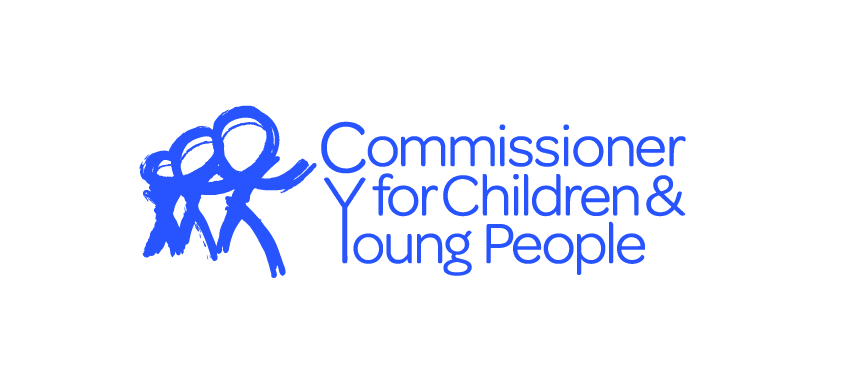FREE EXTENDED LEARNING
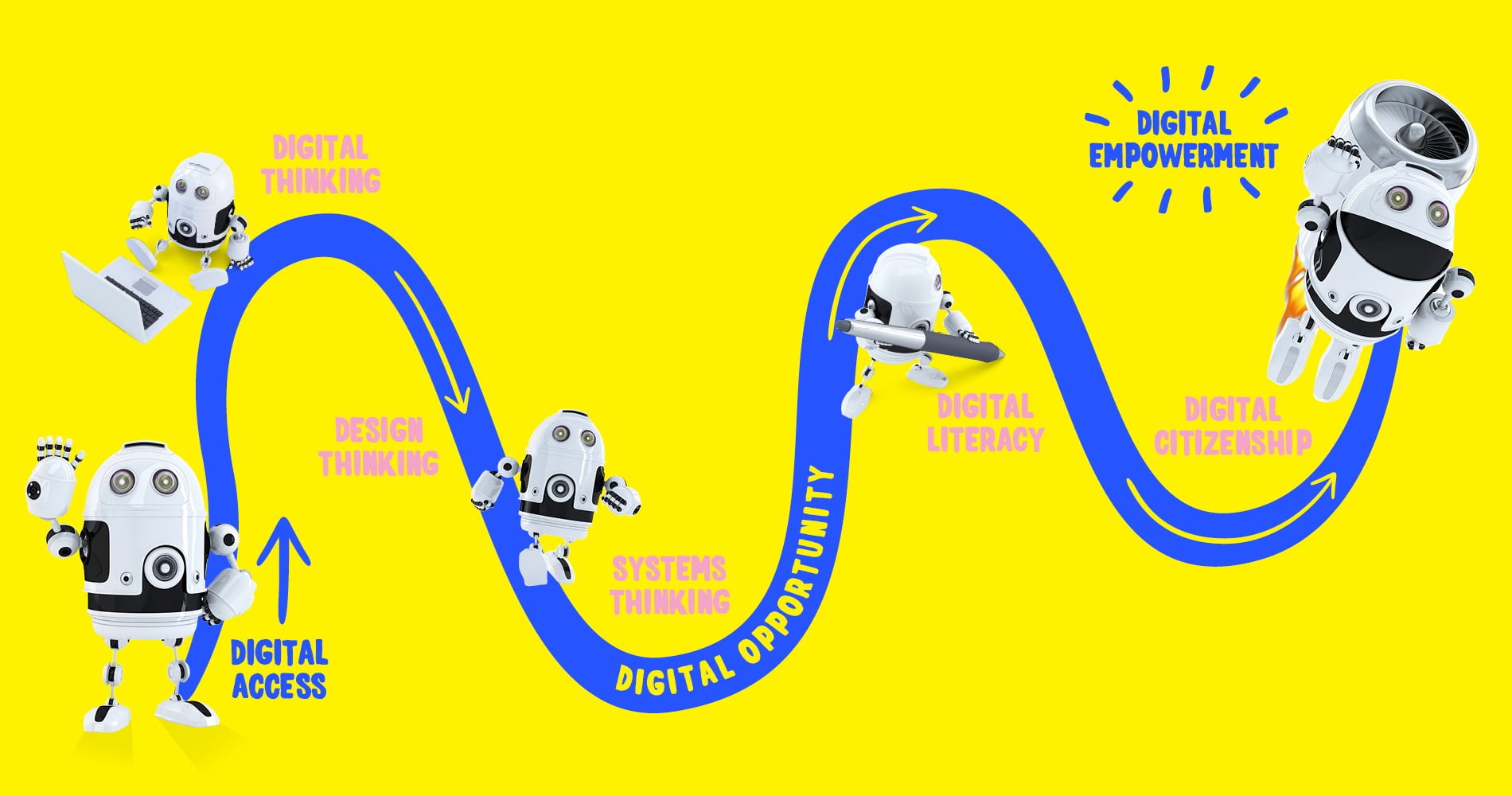
DIGITAL THINKING - Expressing problems and solutions in ways that a computer can understand.
Expressing problems and solutions in ways that a computer can understand.
DESIGN THINKING - A framework to build confidence and transform problems into opportunities.
SYSTEMS THINKING - Finding big picture solutions by looking at how each component influences the whole.
DIGITAL LITERACY - The ability to use digital technology services in a smart way.
DIGITAL CITIZENSHIP - Making positive and socially minded choices online to create a better world.
DIGITAL THINKING
DESIGN THINKING
SYSTEMS THINKING
DIGITAL LITERACY
DIGITAL CITIZENSHIP
Explore these free resources to take you further on your digital learning journey.
Digital thinking.
What is computer code?
Why learn coding?
Code.org’s video from 2013 that’s still relevant today. Get enthused about learning and/or teaching these skills.
Massively Open Online Courses (MOOCs)
Take your class through a structured A-Z of computer science with confidence. The Massively Open Online Courses (MOOCs) created by the Computer Science Education Research Unit at the University of Adelaide were specially designed for teachers of children in South Australia in accordance with curriculum standards.
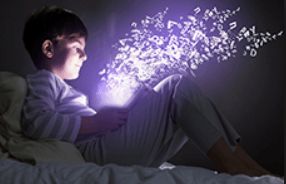
Robot lending Library
Access for classrooms to South Australia’s free lending library of robots and codable devices such as Bee-Bots, Spheros, Ozobots, micro:bits and Edison robots – and lots of other cool learning tools for your digital thinking classes brought to you by CSER.
Taking part in a free Massively Open Online Course (MOOC) run by CSER entitles you to priority lending with the CSER lending library!
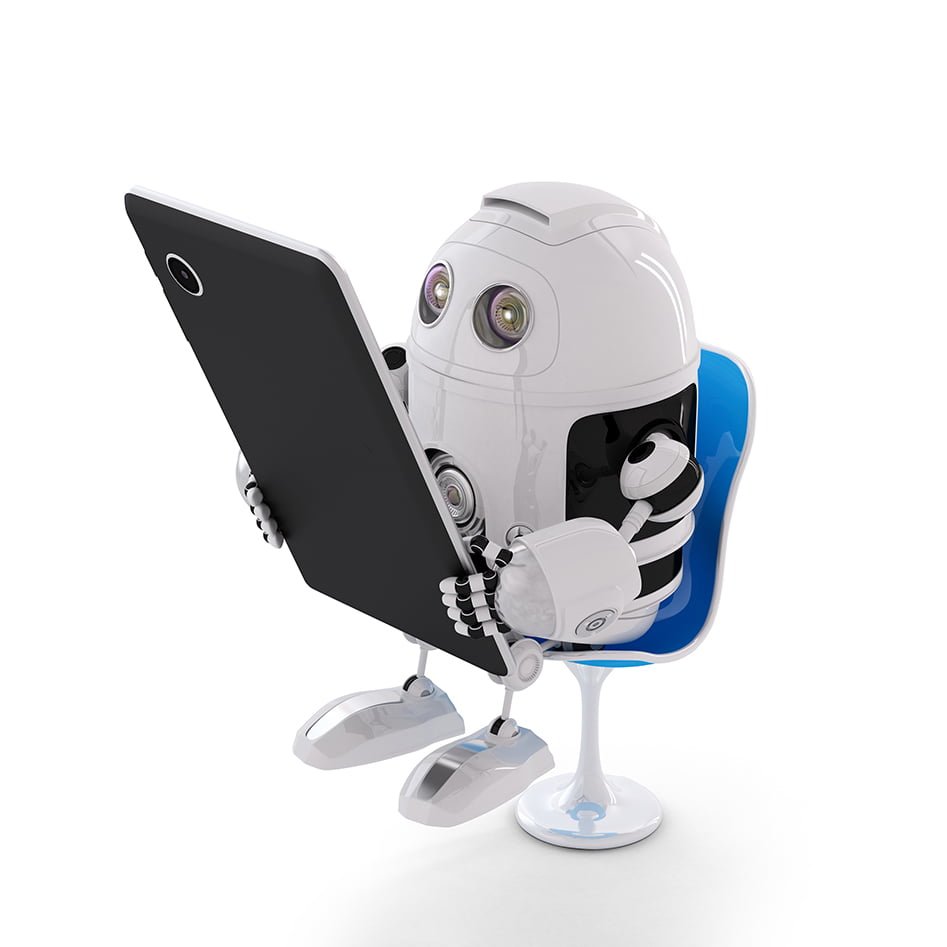
Free lesson plans to accompany the Lending Library
Not only can you borrow Edison robots, Bee-Bots, Spheros, Ozobots and more for your classroom but you can make use of the free Digital Technologies curriculum-approved lesson plans designed here in South Australia by CSER, an initiative of the University of Adelaide.
Free Professional Training for Teachers in South Australia
Computer Science Field Guide
Infographics to unpack algorithms
Australian Computing Academy courses
Make a pirate chatbot with Python, create a space invaders game using Blockly or create beautiful art with code.
Cover the most challenging aspects of the Year 5-6 and 7-8 bands of the Australian Curriculum: Digital Technologies including algorithms, implementation (coding), data representation and data interpretation.

Scratch
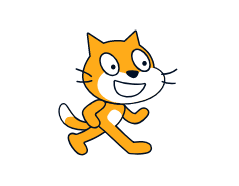
BeBras State Challenge
An Australian computational thinking challenge for children run through the CSIRO – originating in Lithuania with global participation.
The regular Bebras challenge is offered during specific limited periods each year whereas Bebras 365 is available all year round.
Khan Academy Computer Science
Learn to code for free
Hack, reverse engineer, break and decrypt!
PICOCTF is a challenge hosted by Carnegie Mellon Cylab where older children can reverse engineer, break, hack, or decrypt to solve the challenge. Access to materials is available outside of challenge dates. Most suitable for ages 14 years+.
Breakout EDU
Minecraft Education Edition
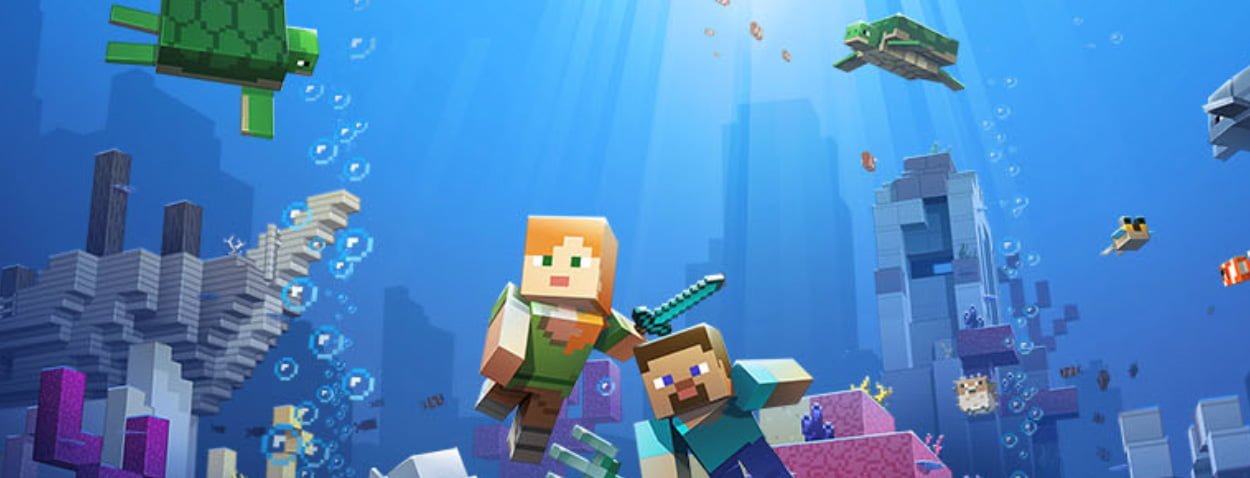
Alice programming language
Intro to Python with Potato Pirates [PDF]
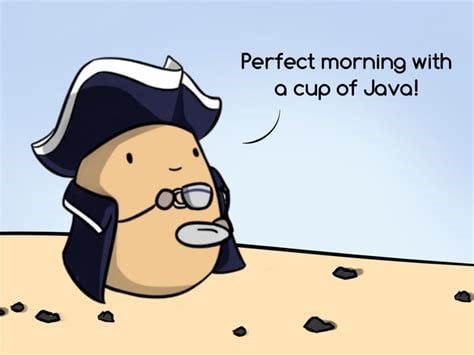
Using computational thinking to understand earthquakes
Interacting with Coding Across the Curriculum [PDF]
Teach digital technologies across different subject areas
If you’re after ways to connect digital technologies with your subject areas then have a look at the collection of resources found at the Digital Technologies Hub. There are some great ideas for ‘speaking Robot’ across English, Science, the Arts, Maths, Physical Education and Humanities and Social Sciences.
Calendar of competitions and challenges for students
Find out how other schools are implementing the DT curriculum
Lead Learners were asked by the Digital Technologies Hub team ‘what’s something that you have implemented that has made a difference in your school?’
Digital Deck
Understanding the terminology of the DT curriculum
For early learning
Taking Small BYTES is a series of play based learning opportunities published by the Learning and Teaching Branch for the Department of Education and Training in Victoria.
If you are an Early Learning provider or a parent or carer to a 3-5 year old child, you might want to check out the Commissioner’s 100% device-free Learn to Speak Robot Challenge for Early Learners – Early Learning Unplugged!
Australian Curriculum, Assessment and Reporting Authority resources
Understand how Digital Technologies fits within the national curriculum alongside Design and Technologies
Google’s Computer Science for High Schools Grants

Become a Highly Accomplished Teacher / Lead Teacher
Support for teachers implementing the DT Australian Curriculum
A range of resources from the Grok Academy Limited.
Unpacking the curriculum
Understand the Australian Curriculum: Digital Technologies with this resource from the Grok Academy Limited
Free resources for teachers
Free lessons and printable materials for the classroom from the Grok Academy Limited
Understand the digital technologies curriculum
BAREFOOT COMPUTATIONAL THINKING ACTIVITIES
Barefoot is a UK initiative of British Telecommunications and Computing at School to bring computational thinking to classrooms. Lots of activities to try including students creating a simple model from Lego or blocks and taking photos to create pictorial algorithms for other students to recreate.
FREE CODING LESSONS FROM GOOGLE’S WORKSHOP
Grasshopper provides free intuitive JavaScript coding lessons for adults. Families with older children might like to try using these tools to learn together.
VEX STEM SOFTWARE FOR EDUCATORS
Bringing Coding and STEM to life with fun and easy to use VEX GO activities.
VEX PD FOR EDUCATORS
VEX PD+ offers ongoing, year-round, personalized professional development. With its flexible learning platform, you can curate your own professional learning according to your needs, interests and time.
FREE VEX ROBOTICS CERTIFIED EDUCATOR PROGRAM (TEACHERS AND PARENTS)
15-20 hours of self-taught online learning to obtain your VEX Certified Educator Qualification to enable you to teach VEX Robotics.
Design thinking.
Stanford University Design School: Crash Course in Design Thinking
A free 90 minute intro course from Stanford University on getting started with design thinking – the backbone of digital success.
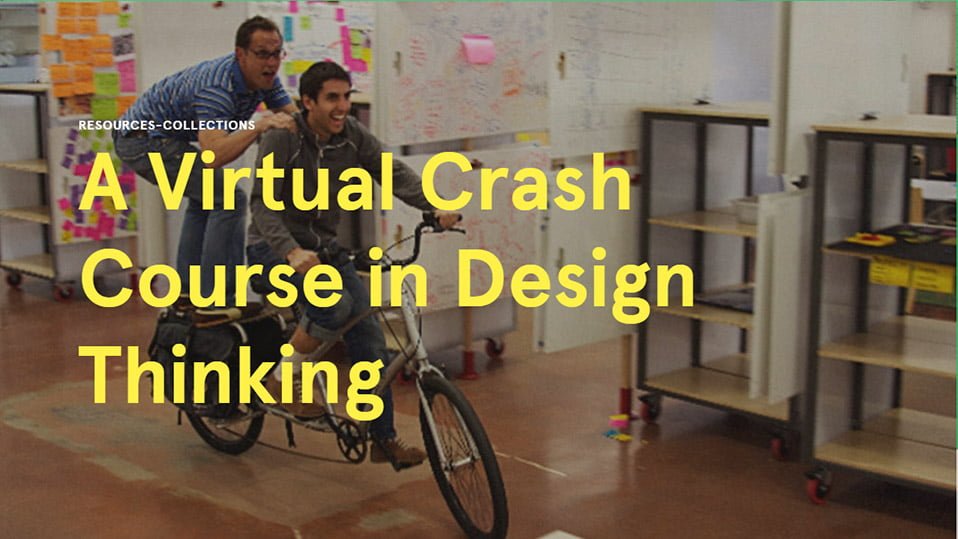
Stanford University Design School : K-12 Design Lab
IDEO: Design Thinking Toolkit for Educators
The Design Thinking Toolkit for Educators offers tools and methods for teachers to apply design thinking—discovery, interpretation, ideation, experimentation and evolution – in real world scenarios.
The Launch Cycle
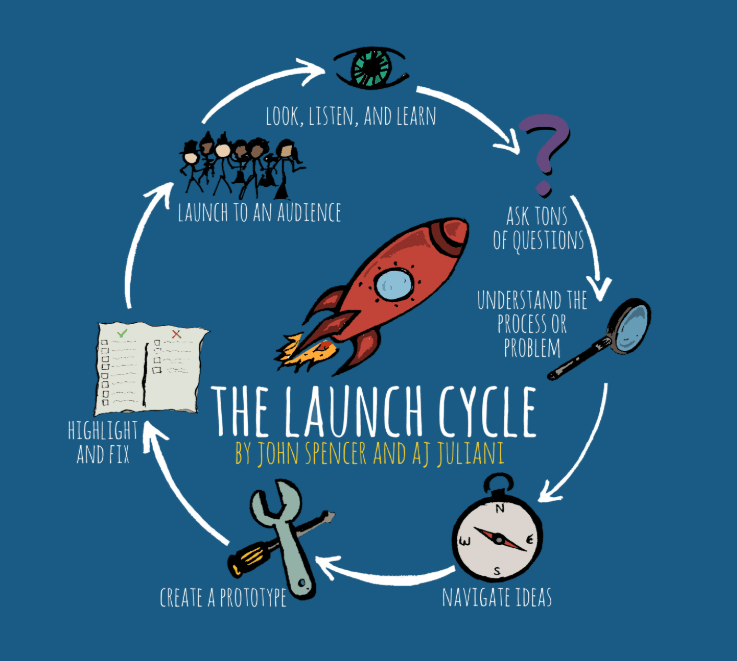
Learn error detection and correction without devices –
Systems thinking.
Systems Thinking in the Australian Curriculum
Institute of Play's Design Pack: Systems Thinking

Learn systems thinking without devices
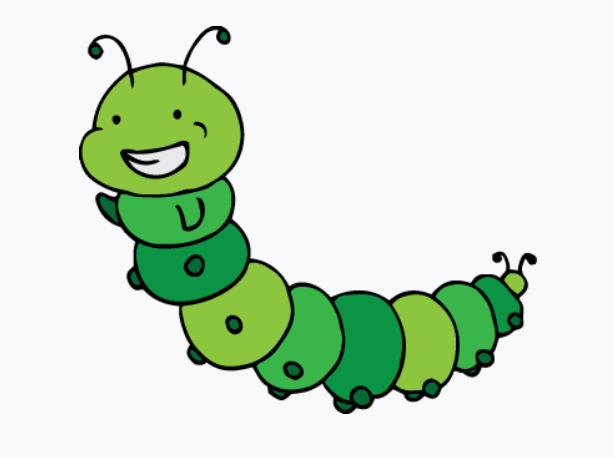
Learning loops, sequences and events in a step-by-step course
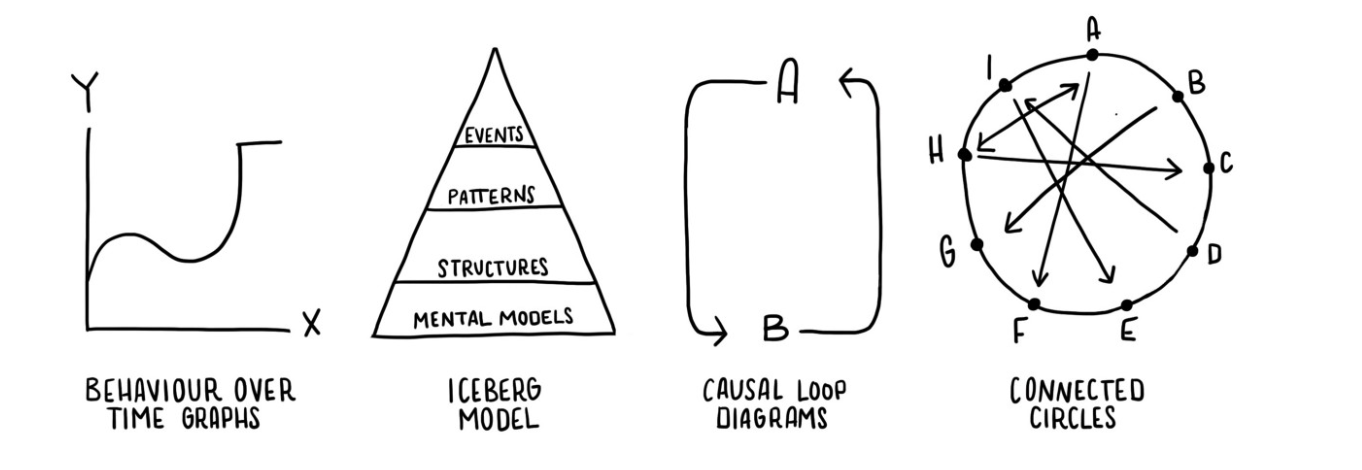
SYSTEMS THINKING ACTIVITIES TO TRY AT HOME
A range of simple activities from STEM FAMILY for families to try such as listening to your child’s day using systems thinking.
A PLAYABLE POST ON THE SHAPE OF SOCIETY
Parable of the Polygon is an interactive demonstration of systems thinking created by Vi Hart and Nicky Case.
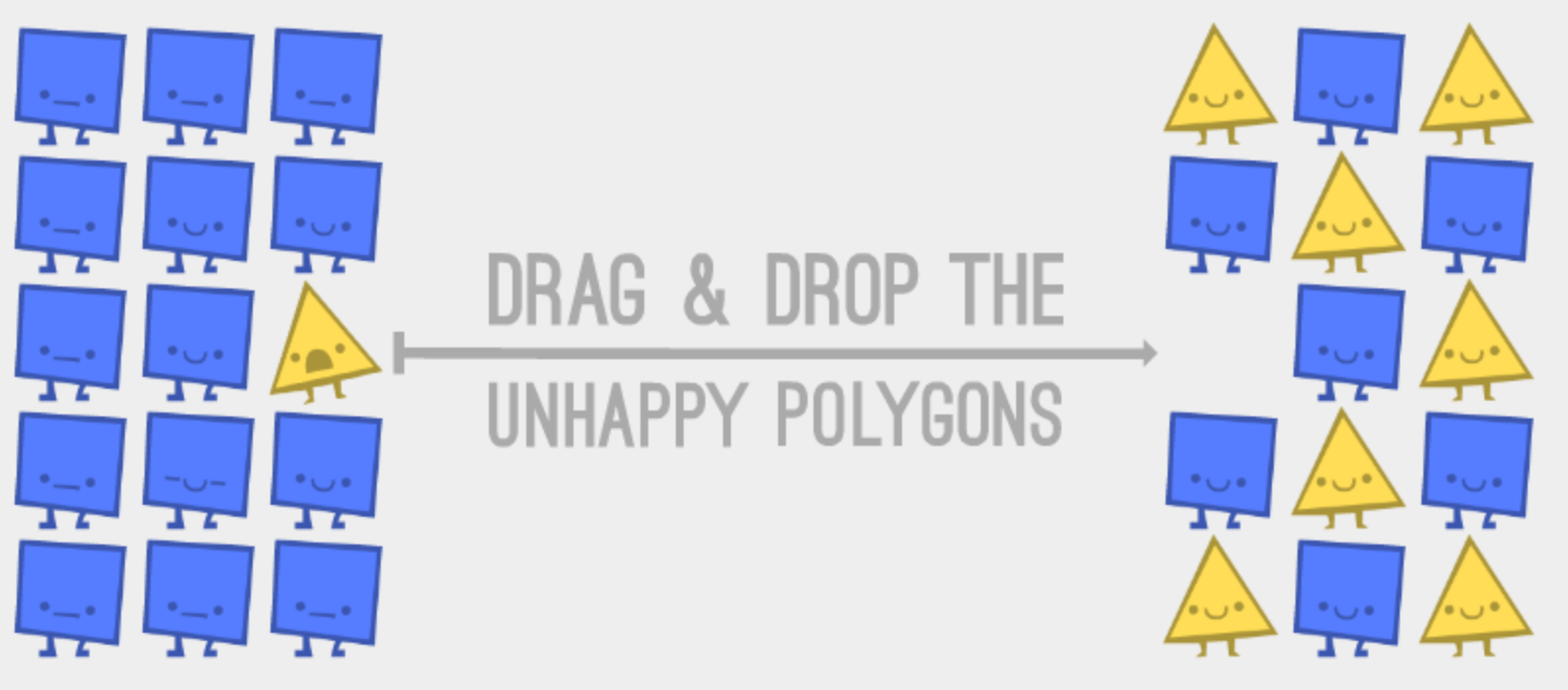
IS IT INPUT, PROCESS OR OUTPUT?
A printable card game from the Digital Technologies Hub to introduce categories of component within information systems.
CREATE A DIGITAL SYSTEM AT HOME
Children can replicate a digital system using everyday household objects to learn more about components, inputs and outputs with this activity from the Digital Technologies Hub.
Digital Systems Learning Cards for F-4
Download and print these handy flashcards from ACARA’s Digital Technologies in Focus program that can be used in a range of activities to teach F-4 students about digital systems.
BUILD A PRETEND DIGITAL SYSTEM
Children can build a pretend digital system with boxes and paper using these free classroom ideas for F-2 from ACARA’s Digital Technologies in Focus program.
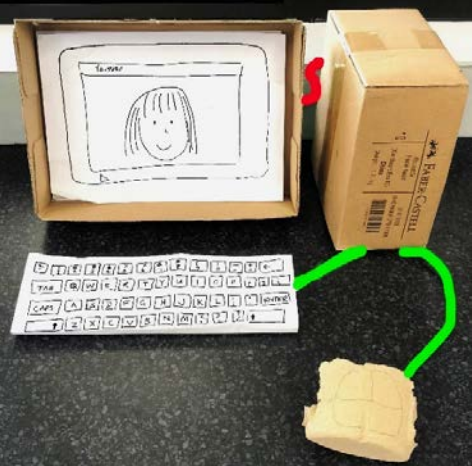
A GAME ABOUT AI
Digital Technologies Hub have made this Scratch game to introduce students to AI. *Tip: Play in full screen view.
AN UNPLUGGED ACTIVITY TO INTRODUCE AI
This lesson from Digital Technologies Hub and Digital Technologies Institute can helps your students to recognise where the system of AI exists.
DOES IT HAVE AI?
A printable card game from the Digital Technologies Hub to teach the basics of information systems to your class.
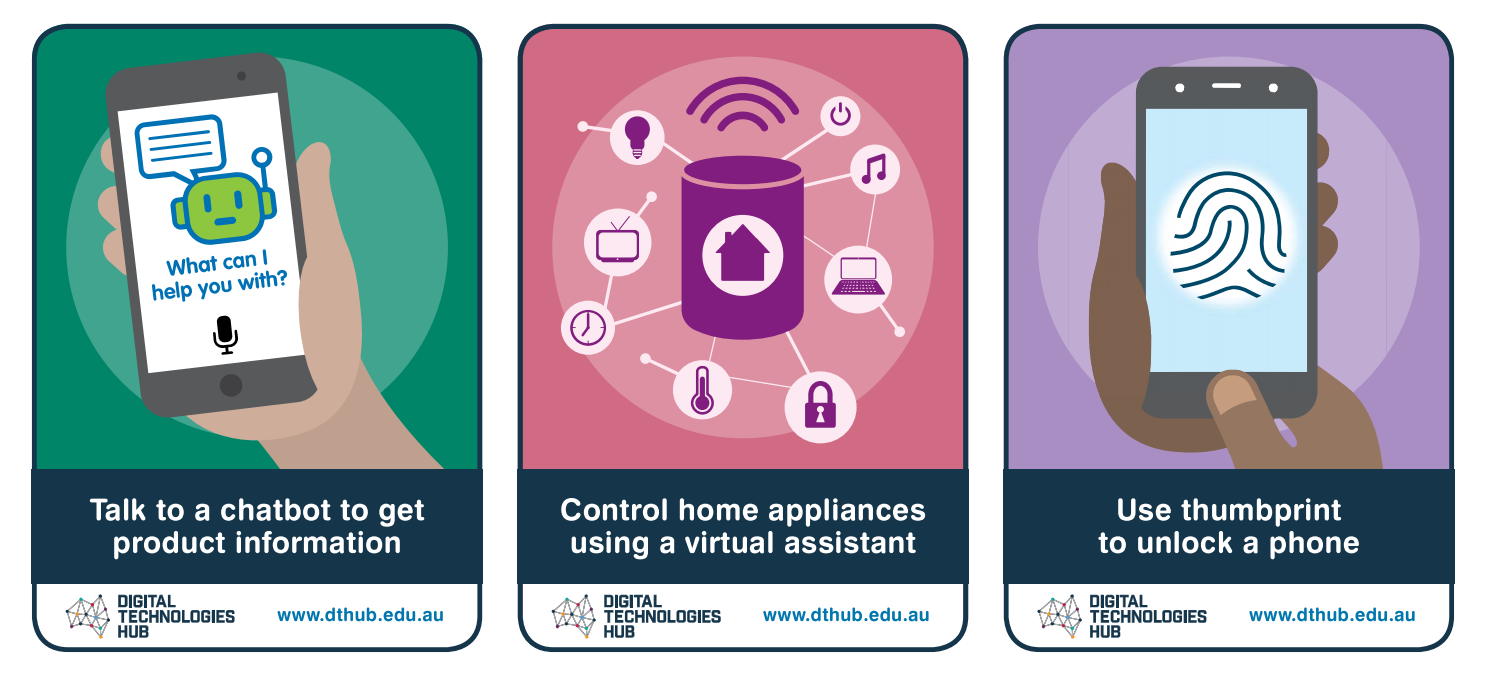
TRAIN A SYSTEM - TEACH AI TO DRAW!
Intelligence is a system. Artificial Intelligence (AI) is a system. If you’d like to train AI how to think you can get started here with Quick Draw from Google’s AI experiment suite – where you’ll teach AI to draw.
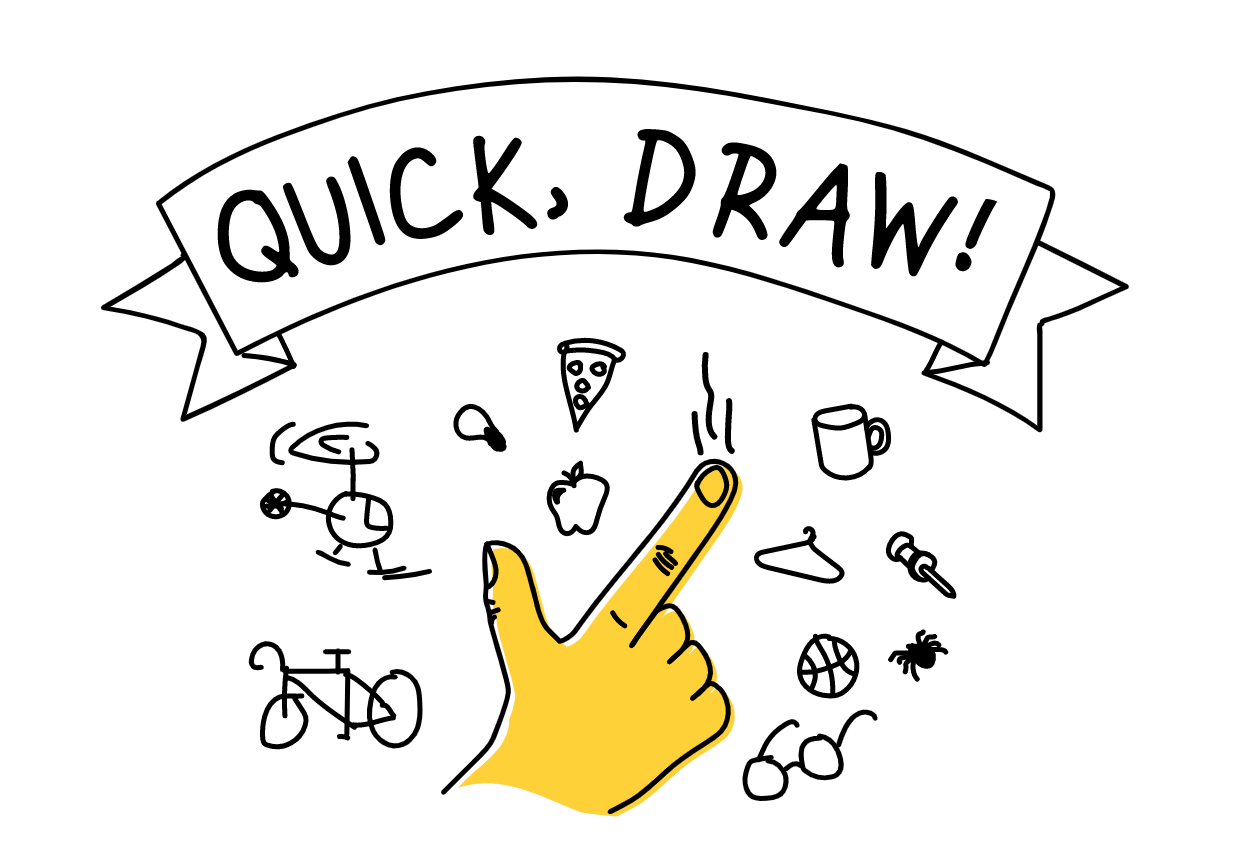
TRAIN A SYSTEM - with Google’s Teachable Machine
NB* This activity is a lot of fun but it uses your computer’s camera, so if you try this one, remember to disable your camera and check your setting and permissions afterwards – you have the right to be aware of what you share online and sometimes that means taking practical steps to protect your privacy. Read more about your human rights in the online space here at 5 Rights: https://5rightsfoundation.com/about-us/the-5-rights/
CAN AI GUESS YOUR EMOTION?
Teachers can discuss emotions as a class, and introduce the idea of artificial intelligence (AI). This lesson from Digital Technologies Hub and Digital Technologies Institute can also be used to introduce image classification – a key application of AI.
Digital Systems Poster
Print this poster for your classroom.
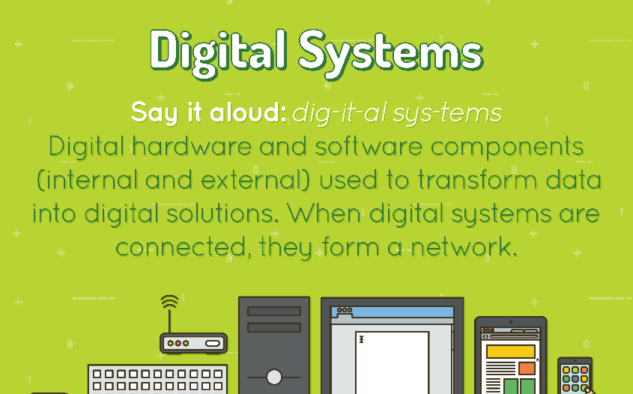
Circular Classroom
Teachers can try these free lesson materials for secondary schools from Circular Classroom – created for the Finland Education System in collaboration with systems thinking thought leader Dr Leyla Arcaroglou. You’ll be looking at your eco footprint and the UN’s Sustainable Development Goals to learn some important systems thinking skills.
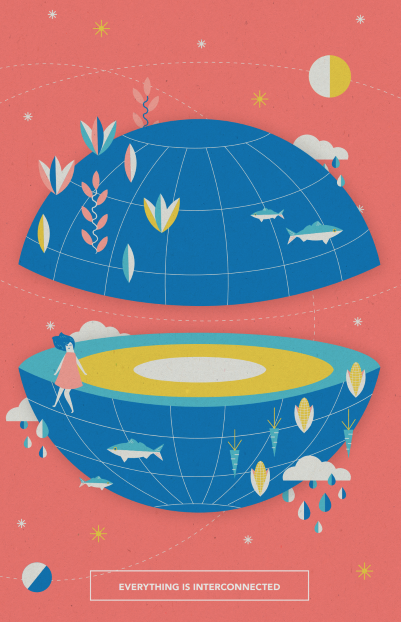
Digital literacy.
Kasper, Sky and the Green Bear
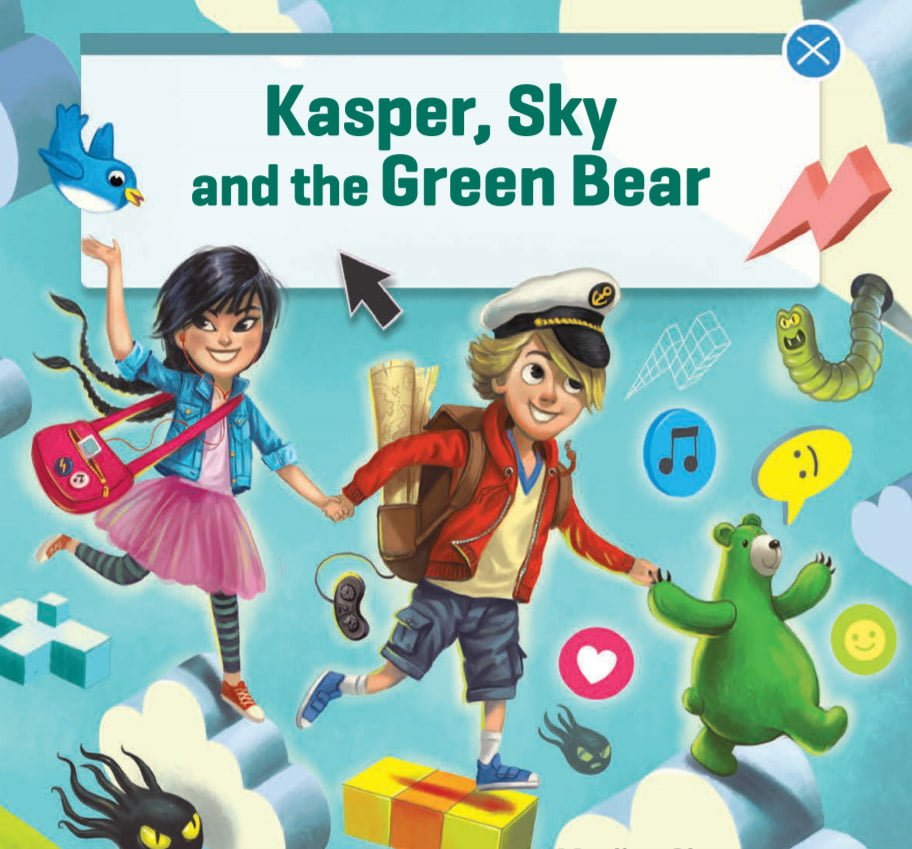
Definition of ICT Capabilities
Difference between ICT Capabilities (Digital Literacy) and Digital Technologies
K-5 Computer Lab-Technology Lesson Plans
The 4 Rs of online safety

Cyber Smart
Online safety resources for teachers
A free global program to teach basic digital literacy and digital citizenship
The Lost Summer
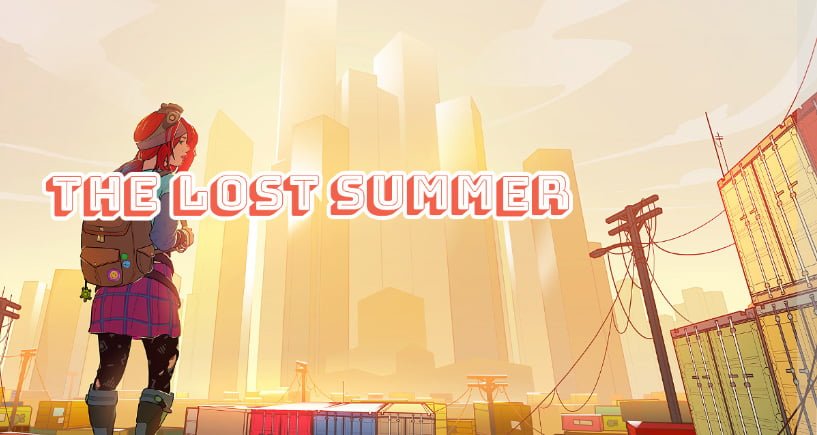
Think U Know?
Digital citizenship.
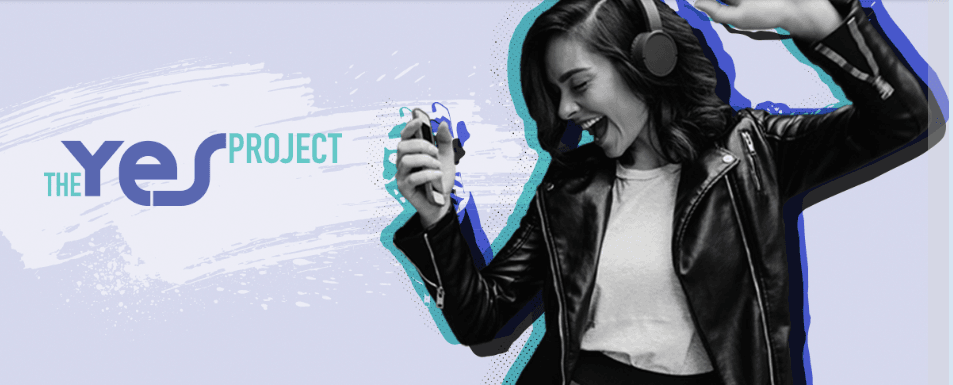
Careers with STEM and Code eZine
Free online magazine showcasing the exciting careers where coding can lead:
Khan Academy ‘Meet the Professional’
Digital Citizenship
Check out articles, videos and reference material across a range of topics directed to teachers, parents and children from the NSW Department of Education. There’s an array of information about how to have a positive experience online from how to use video sharing apps, how to create a positive identity on social media and how gaming can present positive opportunities.
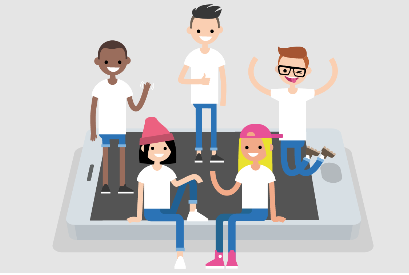
WANT MORE?
Know of a fantastic free and accessible digital learning resource that you believe belongs here?
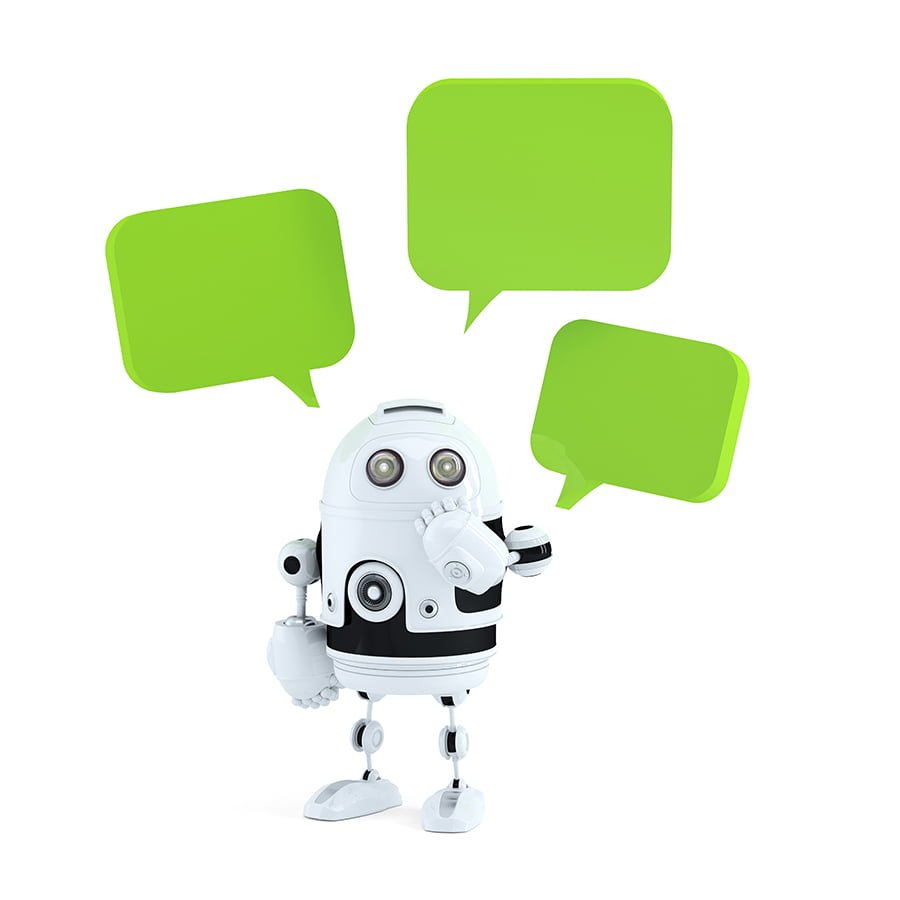
Acknowledgement of Country
We respectfully acknowledge and celebrate the Traditional Owners of the lands throughout South Australia and we pay our respects to their Elders – and to past, present and future generations of their children and young people.
Terms and Conditions
Contact Us
Phone +61 (08) 8226 3355
© Commissioner's Digital Challenge
Website by Education Web Solutions
